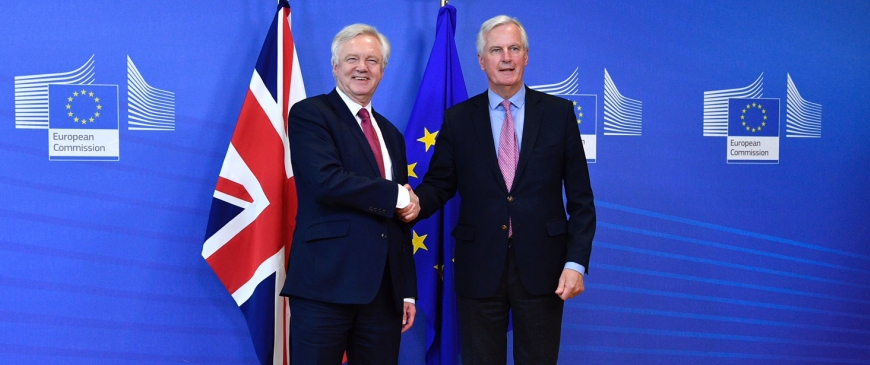
The EU should spell out options for Britain
Writing for the Centre for European Reform, Simon Tilford suggested last week that once we have agreement on citizens’ rights and the £60 billion-plus exit fee, which presumably Boris Johnson will suggest should be paid with funds sucked out of the NHS, then the EU should spell out publicly for British consumption the remaining options to fuel an informed debate.
The authors reckon there are four possible paths.
The first option would be to join the economic area in a deal close to that of Norway. The EU would have to make clear this is the only soft Brexit on offer and Britain would need to continue to abide by the four freedoms, including freedom of movement.
It should also spell out what Britain’s continuing annual payments would be, and what else would be lost, for example, continuing to have to accept EU regulation. By laying out what a soft Brexit would look like it would make us focus on the trade-offs compared with not leaving.
Second, it should spell out what a free trade deal could mean — the formidable economic costs in terms of the loss of passporting for financial firms and the failure to make any provision for services, in return for some control over migration and some greater sovereignty.
It should also spell out that this would require a long-term transition period during which we would continue to be under the jurisdiction of the European Court of Justice in areas of EU law, abide by freedom of movement and continue to pay in.
The third option would be to leave with no deal and no transition period. Trading under WTO rules the EU would have to make it clear that not only would all British goods be subject to the EU external tariff but they would also have to comply with all European standards to be sold.
And the fourth option is of course not to leave at all, to withdraw our notice to quit and the carry on as we were before on the grounds that the other options are less attractive.
Eurosceptics would no doubt howl in outrage that the EU should spell out Britain’s options in this way.
The think-tank believes, however, that it would bring clarity to the British debate by making it impossible for British politicians to persist with their strategy of ignoring the choices.
It would strengthen the liberal wing of the Conservative party and it would force the Labour party to outline how much economic damage it is prepared to inflict on the country to control free movement.
